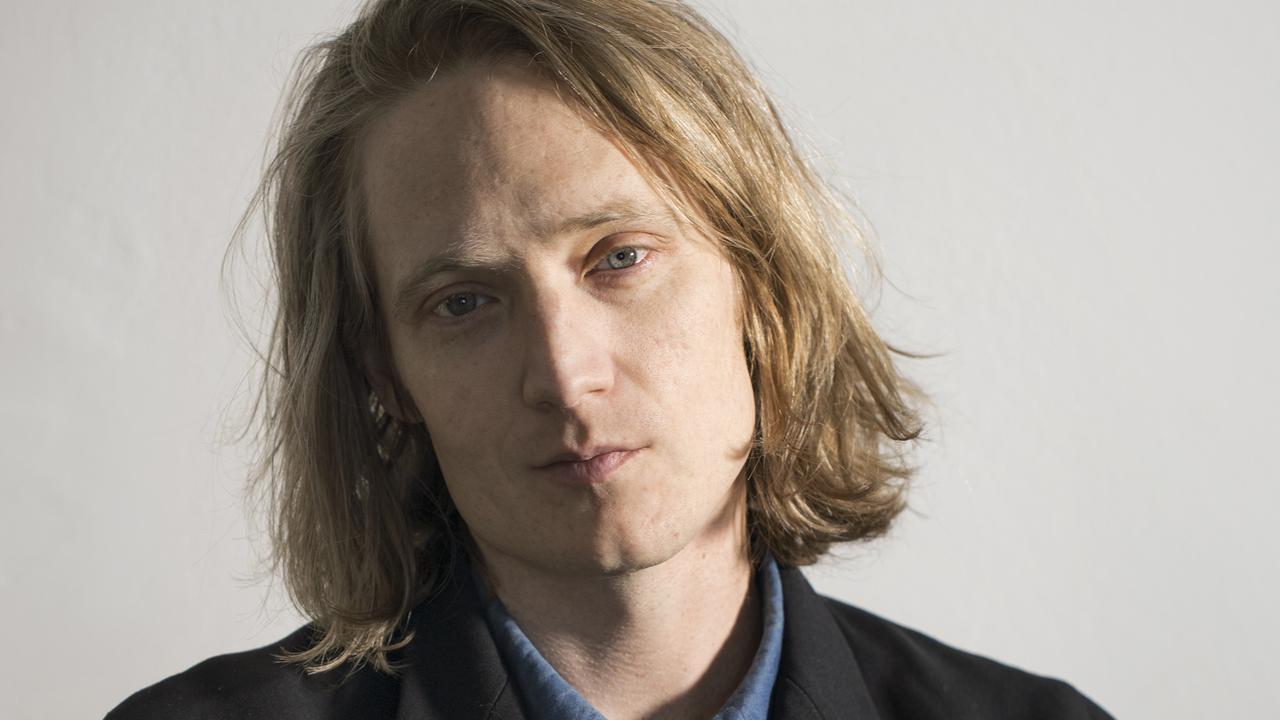Stroke of genius as Seeker on song
DAYS after suffering a brain haemorrhage, singer Judith Durham could deliver a pitch-perfect recital of the Seekers' classic Morningtown Ride.
DAYS after suffering a brain haemorrhage, singer Judith Durham could deliver a pitch-perfect recital of the Seekers' classic Morningtown Ride, but her simple request for soya milk became a discordant jangle of letters.
"I remember trying to write the word 'soya'," she says of her early struggle to tell the nurses at Melbourne's Epworth Hospital what she wanted in her cup of tea. "It must have taken me 30 minutes to get the first three letters down. Then I struggled with how to put an 'a' on the end."
She has kept the scrap of paper with its childish scrawl to remind her daily of gifts she will never again take for granted.
Stroke survivors can often sing words and phrases before they are able to speak. New thinking about the brain's plasticity suggests music processing is deeper and more diffuse but if, as some neurologists believe, musical refrains are so hard-wired that they survive injury, then the Seekers' songs are safely locked within the memory vault of generations of Australians.
Melbourne music therapist Jeanette Tamplin spent months helping Durham, 70, regain sight-reading skills that were once second nature.
"It was very frustrating for her in the beginning. It is a little like learning to walk again."
Dr Tamplin is familiar with the phenomenon of hearing stroke survivors sing before they can talk, but few patients are as famous as Durham or as dependent on song for their bread and butter.
"She was fantastic," Durham says of the intensive rehabilitation that has strengthened her voice and taught her to decipher flats from sharps as her eye travels down a page of complex musical notation.
Dr Tamplin is one of a new breed of music therapists determined to measure the empirical benefits of singing for stroke survivors and people with quadriplegia so that the health system will better appreciate music's role in recovery.
"If we can demonstrate the functional benefits of music therapy on movement, speech and cognition -- that it is almost like a drug that can be prescribed -- that is my dream," she tells The Weekend Australian Magazine.


